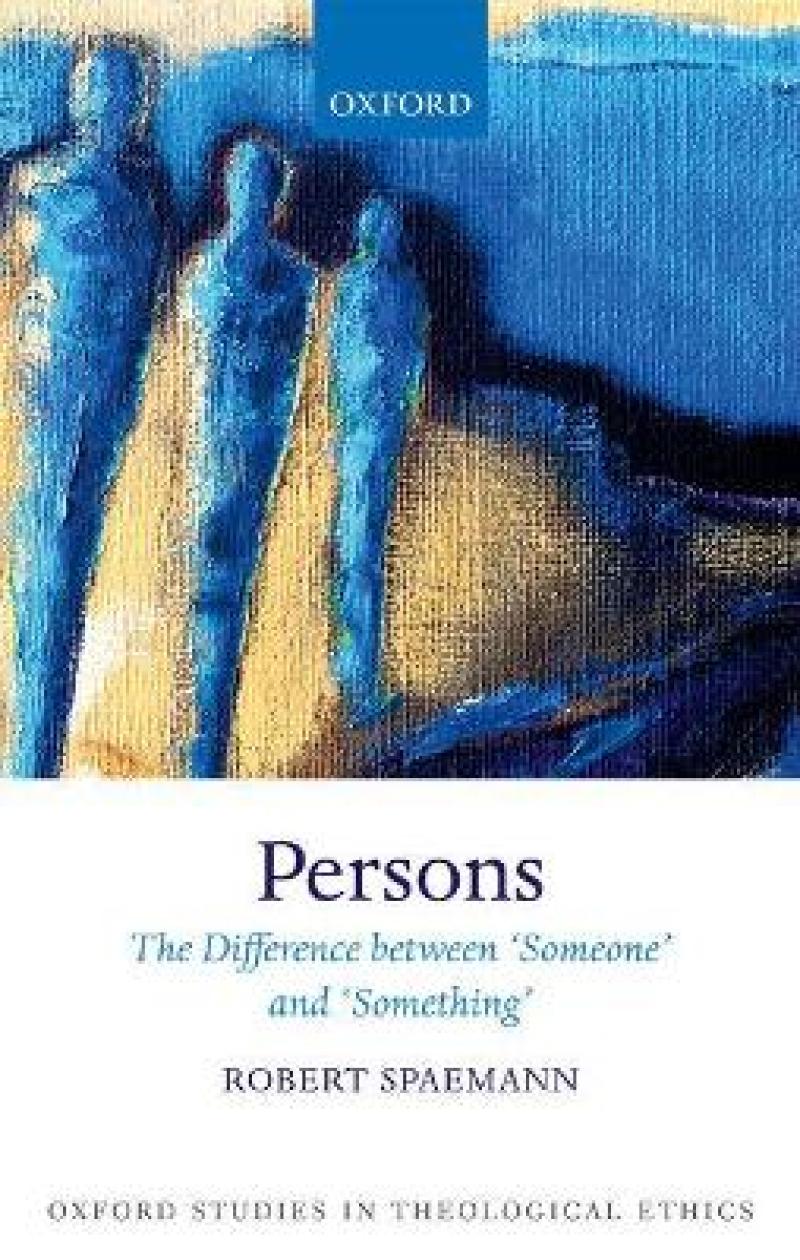An examination and defence of the concept of personality, long central to Western moral culture but now increasingly under attack, by a leading European philosopher. Persons takes issue with major contemporary philosophers, especially in the English-speaking world (such as Parfit and Singer), who have contributed to the eclipse of the idea, and traces the debate back to the foundations of modern philosophy in Descartes and Locke. Robert Spaemann offers extended discussions of the sources of the idea in Christian theology and its development in Western philosophy. He also provides a number of pointed discussions of pressing practical questions--for example, our treatment of the severely disabled human and the moral status of intelligent non-human animals. The book covers a great deal of ground before coming to a focused conclusion: all human beings are persons.
Les mer
An examination and defence of the concept of personality, long central to Western moral culture but now increasingly under attack. Robert Spaemann tackles urgent practical questions, such as our treatment of the severely disabled human and the moral status of intelligent non-human animals.
Les mer
Introduction
1: Why we Speak of Persons
2: Why we call Persons `Persons'
3: How we Identify Persons
4: The Negative
5: Intentionality
6: Transcendence
7: Fiction
8: Religion
9: Time
10: Death and the Future Perfect Tense
11: Independence of Context
12: Subjects
13: Souls
14: Conscience
15: Recognition
16: Freedom
17: Promise and Forgiveness
18: Are All Human Beings Persons?
Les mer
Spaemann provides substantive analysis about what persons are by distinguishing what persons do from what nonpersons do. But this is no mere case of positing-in good Sartrean fashion-that human existence precedes essence. No, this is a sophisticated investigation into what makes persons unique among all other existing entities through a focus on those activities, primarily of the mind, that enable one to understand human beings as persons.
Les mer
Presents the leading ideas of a leading European thinker
Offers insight into contemporary debates concerning the status of severely disabled or unborn humans, or intelligent, non-human animals
Robert Spaemann is Emeritus Professor at the University of Munich and Honorary Professor of the University of Salzburg. His research focuses on Christian ethics with particular attention to bioethics, ecology, and human rights. Oliver O'Donovan is Professor Emeritus of Christian Ethics and Practical Theology at the University of Edinburgh. He is the Series Editor of the Oxford Studies in Theological Ethics series and a past President of the Society for the Study of
Christian Ethics. His publications include The Desire of the Nations (Cambridge University Press, 1996), Common Objects of Love (Eerdmans, 2002), and The Ways of Judgment (2005).
Les mer
Presents the leading ideas of a leading European thinker
Offers insight into contemporary debates concerning the status of severely disabled or unborn humans, or intelligent, non-human animals
Produktdetaljer
ISBN
9780198808480
Publisert
2017
Utgiver
Vendor
Oxford University Press
Vekt
334 gr
Høyde
216 mm
Bredde
137 mm
Dybde
15 mm
Aldersnivå
UU, UP, P, 05, 06
Språk
Product language
Engelsk
Format
Product format
Heftet
Antall sider
272
Forfatter
Oversetter
